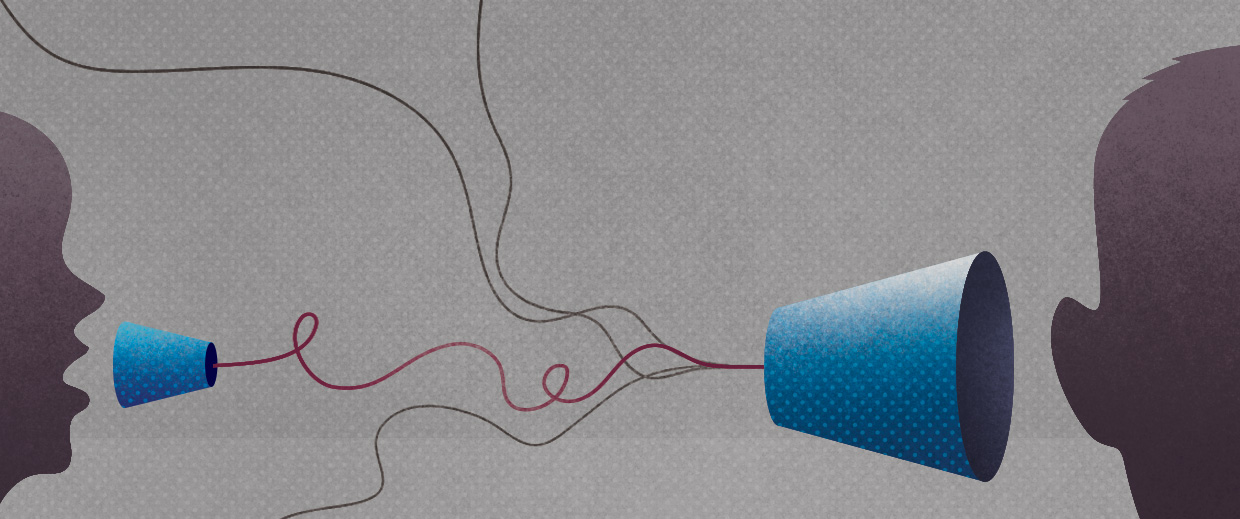5 Simple Ways To Be A Better Listener and Leader
I recently wrote about three different stages leaders can utilize as we seek to be stronger listeners. If we want to help others feel understood, we need to target our listening in Stages 2 and 3 to understand both what people are saying and what they are not saying.

5 Simple Ways To Be A Better Listener and Leader

I recently wrote about three different stages leaders can utilize as we seek to be stronger listeners. If we want to help others feel understood, we need to target our listening in Stages 2 and 3 to understand both what people are saying and what they are not saying.
Before I became a leadership and HR consultant, I was a television sports reporter. Very early on in my career I was sent to a conference to interview NCAA coaches and players before basketball season began. I spent a lot of time preparing for those on-camera interviews and came armed with pages and pages of notes and stats and questions.
Weeks after the interviews were conducted, I went back and watched them. I found that I was always ready with a question, but as I reviewed the tape I realized how many follow-up opportunities I missed because I was so concerned with phrasing my next question perfectly or getting over my own nerves. I could have had a richer listening experience--and so could have my audience--but I was firmly in Stage 1 listening.
From time to time, we all get sucked into Stage 1 listening. How can we catch ourselves and migrate to higher listening stages?
Here are a few tips that might help you:
- Develop your own 80/20 rule. The partner you’re trying to understand should be speaking 80% of the time and you only 20%. Try not to solve their problems with your own solutions, but rather ask them questions—especially questions you don’t know the answer to.
- Don’t be afraid of silence. Maybe you don’t have a question ready to ask because you’ve been so focused on what your partner is saying. Wonderful! Leave a little space while you both think and more information will flow.
- Remove distractions. Turn off your screen, put away your phone, perhaps even close your eyes when speaking on the phone with someone (be cautious when sleepy) so you can focus entirely on them. Even an email alert flying into a corner of your screen can cause you to miss something critical in a conversation.
- Ask questions. Even though my pre-prepared questions got me into trouble in those NCAA interviews because I focused too much on articulating the question, the ability to ask questions is a sign of a great leader. Just don’t over-prepare and forget to listen for the answer. The questions you ask should help you understand how it feels to stand in the other person’s shoes. Be curious! Even if you think you know the answer, ask anyway--you will likely learn something new.
- Stop talking. And that’s the talking that happens inside your head as well as out of your mouth. If a question comes to mind while you’re trying to listen, jot down a key word so you don’t have to mentally hold onto that question and find the perfect way to phrase it. The note will be there to remind you when the time comes, or the question may have passed and you’ll have another to ask.
These are suggestions I’ve found helpful as I try to get out of Stage 1 listening and focus on helping others feel understood. They may work for you, or you may have some of your own proven tactics. What works to help you focus more on the speaker and be a stronger listener? I’d love to hear your ideas in the comments so we can all learn together.
